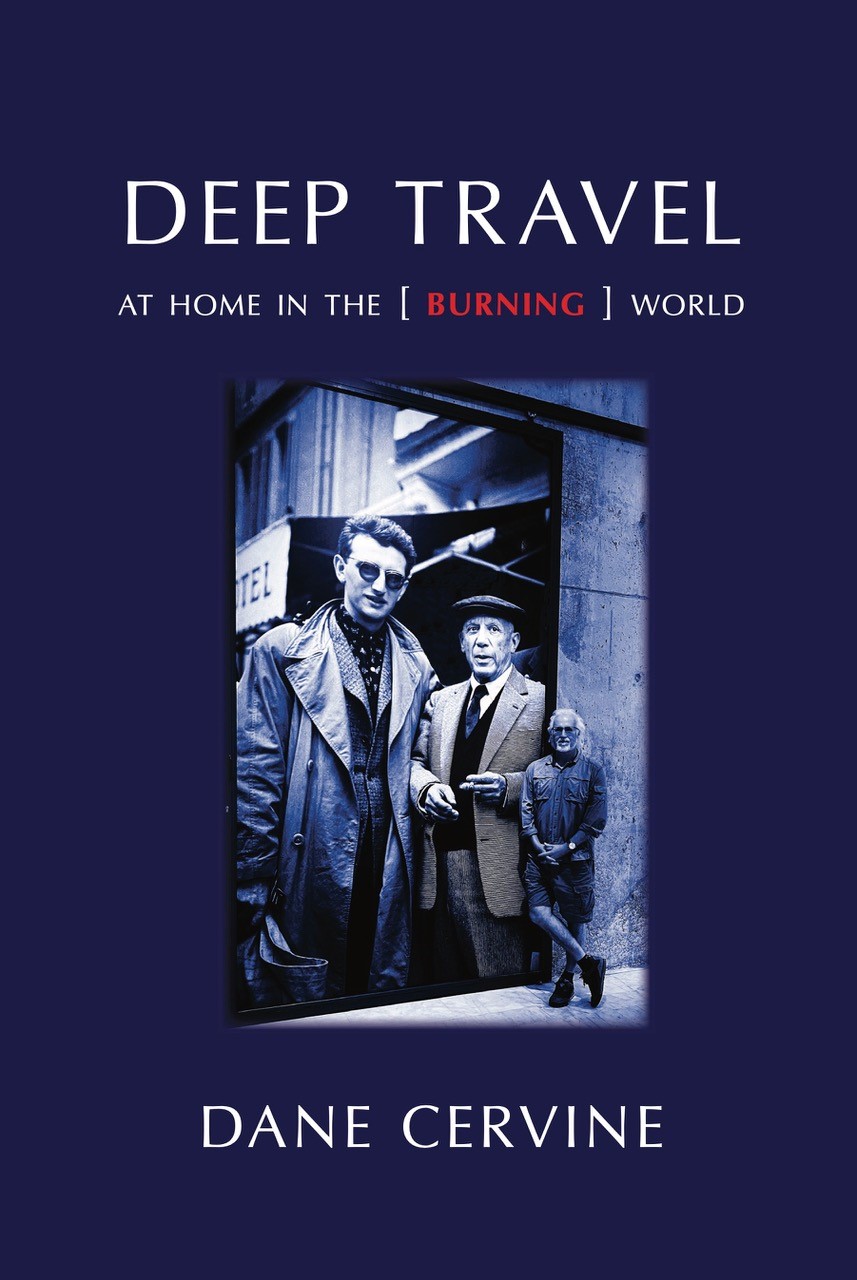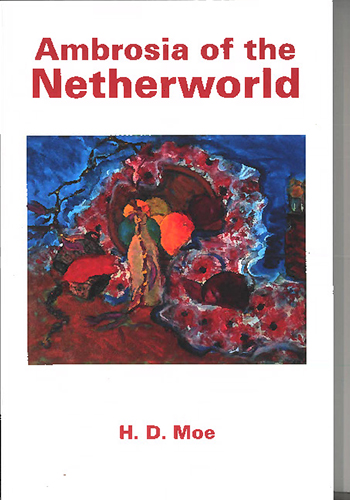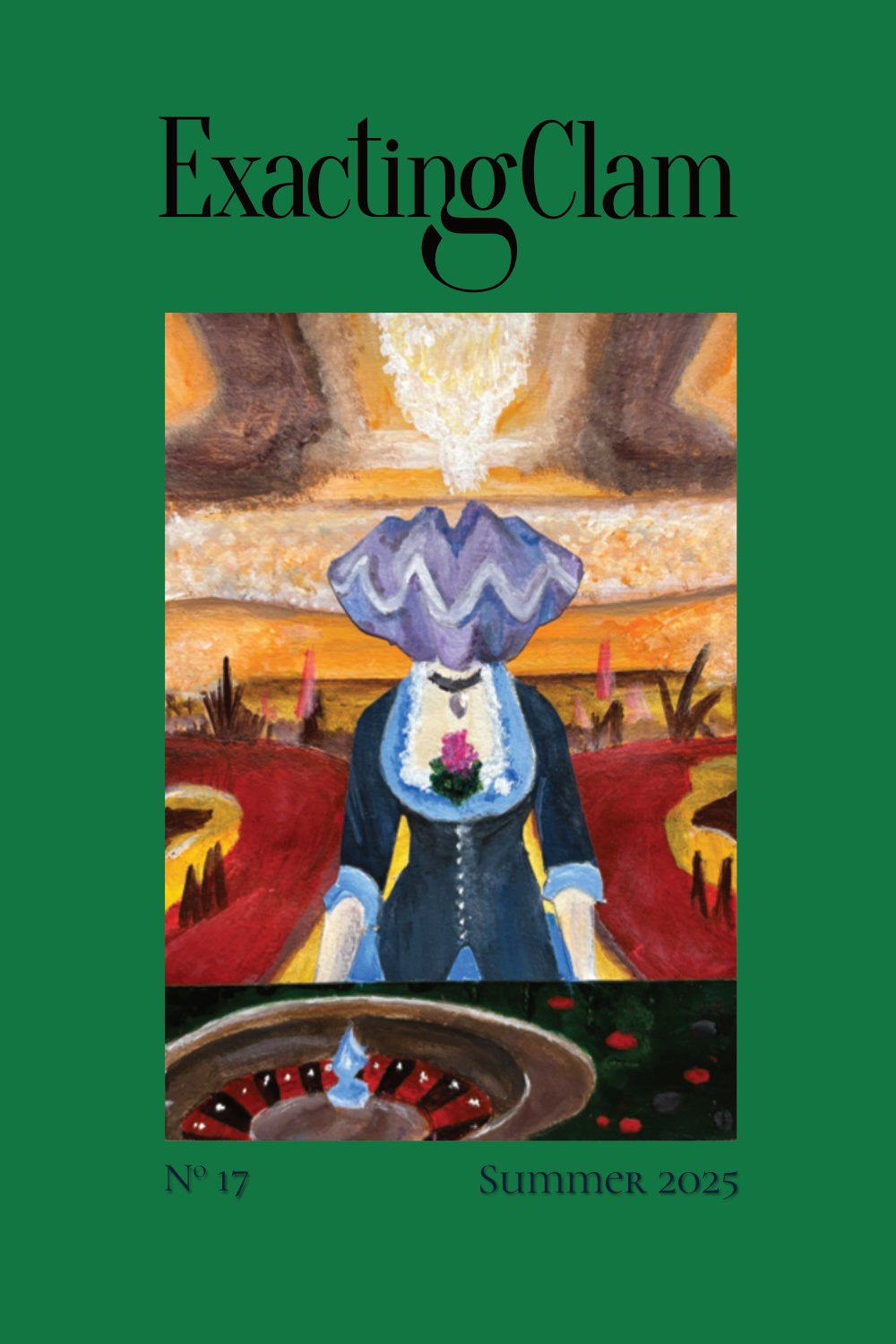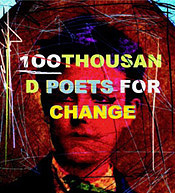
Weaving the Heebie-Jeebies
a review by Scott Hinkle
Train Dreams: A Novella, by Denis Johnson, Farrar, Straus and Giroux, New York, 116 pages, 2011, $18.00 cloth; Picador, New York, 2012, $12.00 paperback.
National Book Award Winner Denis Johnson has given us poetry, essays, short stories, novels, plays, and now Train Dreams. Set in the isolated logging towns of the Pacific Northwest nearly a century ago, the novella opens with the protagonist Robert Grainier taking part in attempted murder, "of a Chinese laborer caught, or anyway accused of, stealing from the company stores of the Spokane International Railway in the Idaho Panhandle." (page 3) This scene with the Chinese laborer, referred to afterwards only as "the Chinaman" in Johnson's close third person narration, transports the reader into the dark, raw past, when no one would bat an eye at a gang of men restraining a person of color. As the laborer "shipped and twisted like a weasel in a sack" (page 3), Grainier stood "wondering at himself" (page 4) as he helped hold the man down. For me, this pause was Grainier's chance to grapple with morality, to draw a line between right and wrong. But, being a fairly simple man, he fails to do so. Instead, he watches the Chinaman make a miraculous escape, "dangling over the gorge and making hand-over-hand out over the river on the skeleton form of the next span." (page 5) Forever after the incident, Grainier is haunted by a feeling of intense unease, as if cursed. This voodoo follows him home, as depicted in this chilling scene with his wife and baby:
In the dark he felt his daughter's eyes turned on him like a cornered brute's. It was only his thoughts tricking him, but it poured something cold down his spine. He shuddered and pulled the quilt up to his neck.
All of his life Robert Grainier was able to recall this very moment on this very night.
(page 9)
Grainier's world is a bewildering one, where violence is at every turn, where friends, family, and acquaintances are talking on one page only to be met with death the next. Grainier tries to comprehend it all, but ultimately seems unable to make sense of things, and plods on, noticing yet uncomprehending, just surviving. And who can blame him? He not only carries the physical burden of a logger's life, but is also plagued with fires, ghosts, and otherworldly creatures that effortlessly intermingle with his dreaming and waking state.
Like a dream, time moves unexpectedly in the novella, moving forwards and backwards to different moments in Grainier's life with little warning. No matter. Reason is hardly a factor in dreams— It is the events, the visions, that matter, and Denis Johnson is a master of the sustained vision, of creating worlds rife with strange circumstances and nightmarish scenes, but also remarkable beauty:
Grainier thought he must be very nearly the only creature in this sterile region. But standing in his old homesite, talking out loud, he heard himself answered by wolves on the peaks in the distance, these answered in turn by others, until the whole valley was singing. There were birds about, too, not foraging, maybe, but lighting to rest briefly as they headed across the burn.
Gladys, or her spirit, was near. A feeling overcame him that something belonging to her and the baby, to both of them, lay around here to be claimed. What thing? He believed it might be the chocolates Gladys had bought in a red box, chocolates cupped in white paper. A crazy thought, but he didn't bother to argue with it. Once every week, she and the tyke had sucked one chocolate apiece. Suddenly he could see those white cups scattered all around him. When he looked directly at any one of them, it disappeared.
Toward dark, as Grainier lay by the river in a blanket, his eye caught on a quick thing up above, flying along the river. He looked and saw his wife Gladys's white bonnet sailing past overhead. Just sailing past.
He stayed on for weeks in this camp, waiting, wanting many more such visions as that of the bonnet, and the chocolates—as many as wanted to come to him; and he figured as long as he saw impossible things in this place, and liked them, he might as well be in the habit of talking to himself, too.
(pages 46-47)
But how is this dream vision sustained? How does it keep from getting stale? One reason is that Johnson mixes up the imagery and the mood beautifully by juxtaposing the violence with a dark and sometimes absurd humor, as shown in this family scene with Grainier, his wife Gladys, and their baby Kate:
Now Grainier stood by the table in the single-room cabin and worried. The Chinaman, he was sure, had cursed them powerfully while they dragged him along, and any bad thing might come of it. Though astonished now at the frenzy of the afternoon, baffled by the violence, at how it had carried him away like a seed in a wind, young Grainier still wished they'd gone ahead and killed that Chinaman before he'd cursed them.
He sat on the edge of the bed.
"Thank you, Bob," his wife said.
"Do you like your sarsaparilla?"
"I do. Yes, Bob."
"Do you suppose little Kate can taste it out your teat?"
"Of course she can."
(pages 7-8)
Here the straightforward narration is serious in subject and tone, but the dialogue that follows it is quite silly. This mixing of opposites pops up throughout the work, and occurs most when Grainier feels one way yet reacts in another, as shown in this example after he finishes up with a work crew:
The men cheered and whooped. Grainier felt sad. He couldn't think why. He cheered and hollered too.
(pages 11-12)
Although this constant negation isn't new to Johnson's work (it is even more expertly practiced in The Name of the World, 2000), the cumulative effect still gives one the sense of, well, the heebie-jeebies—a trademark, I think, of Johnson's work.
The way Johnson weaves beauty in with the heebie-jeebies is also uniquely his own. This beauty is apparent not only in the dreamlike scenes but in the language, which is consistent in providing deceptively simple yet often humorous phrases, both in dialogue and narration:
Grainier asked him, "Do you really know how that motor works inside of there?"
"I know everything." Heinz sputtered and fumed somewhat like an automobile himself, and said, "I'm God!"
Grainier thought about how to answer. Here seemed a conversation that could go no farther.
(page 88)
Or even in single sentence, as shown here during a date with his future wife:
He felt glorious and full of more blood than he was supposed to have in him.
(page 39)
The novella's beauty offsets its oddity and vice versa, and mixes them together to create a narrative style that consistently holds the reader in suspense, wondering what will occur next.
Train Dreams originally appeared in The Paris Review where it won the 2002 Aga Khan Prize for Fiction, and again in the O. Henry Prize Stories anthology, but has finally been published separately giving it the attention it deserves. Reading this poignant novella is thrilling, spontaneous, filled with goose bumps, danger, and surprise. Catch this train and see for yourself where it leads. ![]()
Scott Hinkle received his B.A. in English from University of Nevada Las Vegas; he's now an MFA candidate in the Creative Writing Program at San Jose State University.





































